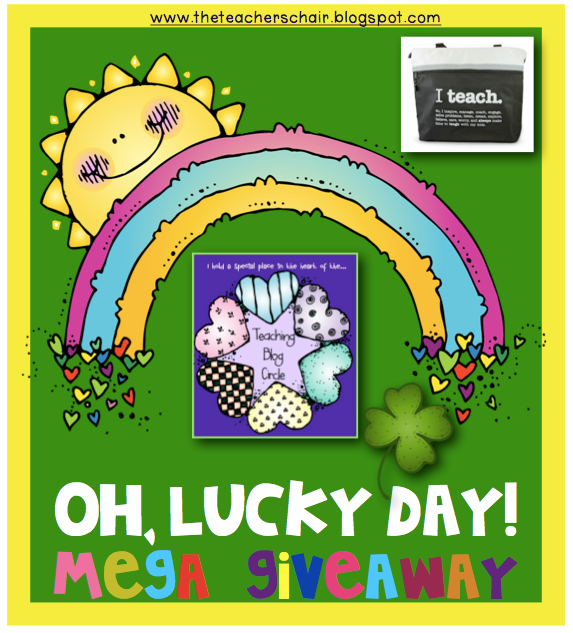To start, we began with a basic overview of the conversions. I wish I could take credit for this brilliant visual, but I found it on pinterest. I do not think the original location is known, but you can see it here on pinterest.
Now, to explain the conversions in more detail, we used a blank hundreds grid.
For the first one, I had the students color in 23 squares. Then, I asked them what the number would be as a fraction out of 100. The hundreds grid provided a great visual for this. Next, we moved onto the decimal. We discussed how we could divide the numerator by the denominator, but that with this one, the kids knew it automatically. (We divided to double-check.) For the final step, we identified the percent. We talked about how a perfect score on a test is 100%. Percents are the same as fractions out of one hundred.
We repeated the same procedure for 25 squares. This time we had to simplify. Then, I switched things up on my students. I had them color in 1/2 of the squares. Before we could move on, we had to identify what that would be as a fraction out of 100. Then, we were able to figure out the decimal and percent rather easily. This provided a great opportunity to explain why it is 0.5, not 0.05. Just look at the squares!
I let one of the students come up with the last one. He chose to have us color in 72 squares. This made for a little more complex simplifying, but the kids were up for the challenge.
We continued to practice converting with several problems. Then, I introduced the number line.
I selected three numbers. (one fraction, one percent, and one decimal) As a group, we thought through all the conversions and used our basic number sense to figure out where to place the numbers on the number line. For this one, we began with 25%. We knew this was halfway between 0 and 1/2. Then, we placed 0.63. We knew it was more than 1/2, but less than 3/4. Finally we had to figure out 1/5. We divided 1 by 5 to determine that it would be 0.20 as a decimal. (which is less than 25%)
This activity required students to use a whole lot of math, but they loved it! There is something way more fun about a giant laminated number line with hot pink paper than number lines on a worksheet.
We continued to work on converting between fractions, decimals, and percents. I have to admit that I am very impressed with how the students' understandings are developing. If you would like a copy of the numbers I used for the number line activity, click here.
Also, check out this great giveaway at The Teacher's Chair! Lots of amazing bloggers are offering some fantastic prizes that you will not want to miss! I might have something in there too... ;)
Is everyone else as glad as I am that it is March?











You have no idea ow glad I am to teach 4th- LOL! It's all I can do to get my babies converting fractions to decimals in powers of 10 only! Ack!! ;-)
ReplyDeleteJivey
It sure is a beast of a skill! :)
DeleteWhat a great post! I found your blog on TBA, and I'm so glad that I did! I just may be your newest follower. :)
ReplyDeleteStephanie
Middle School Matters Blog
Thank you so much! I love these TBA linky parties! I love meeting other bloggers!
DeleteThanks for sharing this great idea! I'm going to be using this next week as we start our unit on fractions and decimals! I'm your newest
ReplyDeletefollower and also from Ohio!
Mary
Teaching Special Kids
I love finding other Ohio bloggers! Glad you can use the lesson!
DeleteI like the triangle... We start off with this concept in 6th grade. It's march and my kids still struggle! Thanks for sharing this!!!
ReplyDeleteElizabeth
Hodges Herald
We've been struggling with converting fractions to decimals and percents for a while and it is just starting to sink in. I think this visual you shared will be a big help. Thanks! I found you though the TBA linky and am a new follower.
ReplyDeleteMercedes
Surfing to Success
Hello! I just found you through the Manic Monday Linky and I'm your new follower! I love they way you are teaching this so hands on! Although my school is departmentalized and I teach reading/writing, I would love to be in your math class! :) Happy March!
ReplyDeleteTheresa
Pinkadots Elementary
We used this today and it did not particularly well converting repeating decimals to fractions. Am I doing something wrong?
ReplyDeleteGreat question. My fifth graders are not quite ready for that level of computation. They are familiar with 1/3 and recognize its decimal form. They then understand that 2/3 would be double this, etc. Our fifth grade math curriculum does not include more advanced conversions. If you are working with older students, I think Khan Academy explains it brilliantly. (http://tinyurl.com/bwsj544) What grade are you working with?
DeleteI like how you are working on "number sense" about fractions, percents, and decimals. So many teachers just work on the calculations and don't spend time with students concerning the relationship between the 3 areas. Congrats!!!
ReplyDelete